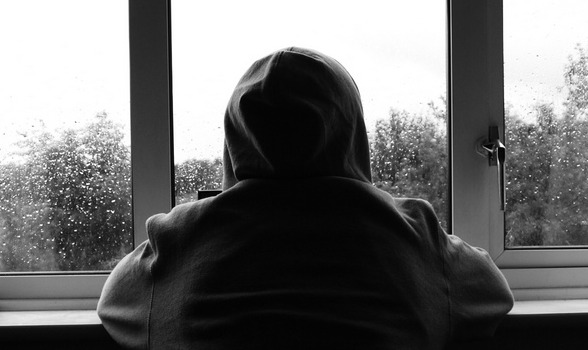
Listening to depression has changed my life
For most of my life I have felt sad.
I experienced a lot of joy growing up, but this was interspersed with periods of sadness and gloom. At the time I was not aware that there was a thing that we call depression. It was like a lake of syrup, thick and dark. I felt trapped, wordless and alone. When I was depressed, everything felt pointless and despair filled my young heart.
And then it would leave. The unpredictability made it mysterious and menacing.
As a young adult, when I finally learned what it was, I built up a war chest of tactics to thwart my dark moods. It was like I had set up deep warning sensors. At the slightest mood, I went into overdrive.
I rigidly controlled my life, I exercised, I spent time with friends, I listened to upbeat music and I read about positive thinking. Anything to make the moods go away.
I hated my dark moods and I tried to avoid feeling any depression at all. Trying to eradicate depression kept me busy, and for years I was able to ignore my gloom. I explained away seasons of serious depression by assuming they were due to grief over losing my father or my brother in law.
But in the past twelve months, I have faced two significant episodes of depression with no single cause. The first was a warning sign, a tremor. The second was an 8.5 Richter size depression. It shook me to the core and turned my life on it’s head. And I am not sure if my life will ever be the same.
This time, depression has got my attention.
Listening to depression
Author Stephen Braun tells a story of a young woman who had a medical condition that rendered her insensitive to pain. As someone who deals with a depression that can be triggered by both real and perceived injuries, I fantasize about becoming insensitive to emotional pain.
They call her Miss C. and she was the focus of considerable research. I imagine that scientists wanted to find out whether being unable to feel pain is either a superpower or a supercurse.
Being unable to feel can make you unaware.
When she was young, Miss C. was repeatedly hospitalized due to various infections, serious burns, and an over inflated bladder. She was unaware of blisters, cuts and tears. Small injuries quickly became one more trip to the doctor.
Being unable to feel can become a curse.
Her health problems began to multiply. She was unaware of simple twisted ankles that would stop most people. Multiple injuries eroded her tissues, and within a few short years her bones and joints were disintegrating. Eventually, she was crippled and deformed from the damage caused by her inability to feel pain.
“Her pain alarm system was disabled, deaf to her body’s screams” p. 84
At 29 she died from an infection. It could have been prevented, if her body’s pain alert system worked the way it is designed.
The message of our moods
Depression is unpleasant, painful and devastating. If you suffer, you know what it is like. It is a silent slow creeping crushing mood. Despite this, depression shows that are bodies are working properly. The story of Miss C. illustrates that pain can save our lives.
If we have no moods, we will be oblivious to emotional injuries and pains. The superpower will be a supercurse.
What depression has taught me is to pay attention.
I listen better, at least to myself. The lesson is not sexy, but it has saved my life on more than one occasion. Listening to depression has helped me push past the isolation and avoidance, past the pain, past the desire to die, past the shame, and past the crushing self criticism.
Our moods mean something. They have a purpose, they are our alarm system.
A healthy person needs to be able to to feel depressed – because conflicts, frustrations, communication breakdowns, and all manner of other psychic difficulties that threaten our overall fitness are inevitable parts of the human condition. p. 94
Paying attention has taught me that I need depression. It is my bodies way of getting my attention. The pain stops me before I cause myself serious injury. In this way, depression has saved my life.
Keep it Real
References
All citations in this article are from the short but excellent book by Braun, S. (2000). The science of happiness: Unlocking the mysteries of mood. New York: John Wiley and Sons.
